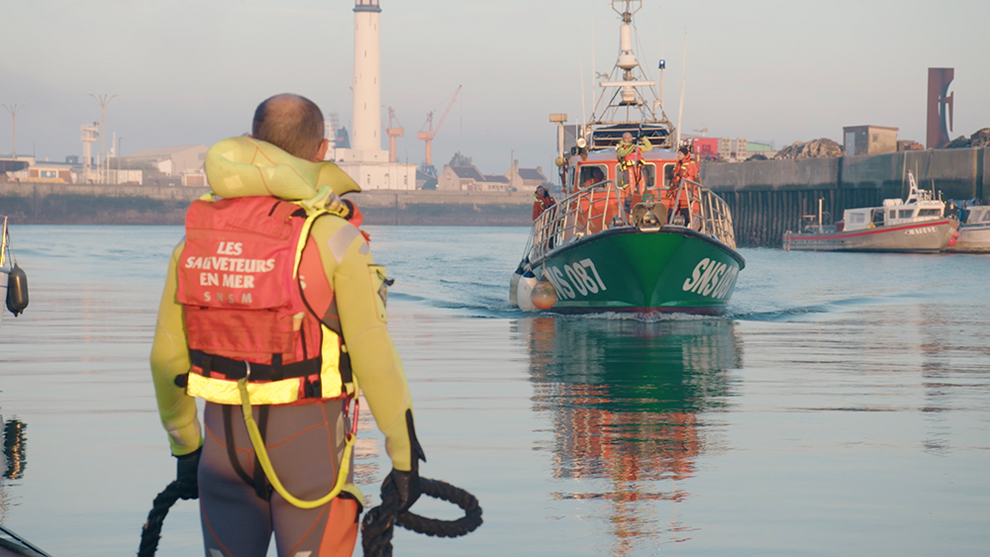From Energy law to Extractive law (lex extractiva)

Scientific directors: Gilles Lhuilier & Achille Ngwanza
International relations are agitated more than ever. The struggle for the appropriation of extractive resources (Mines, Oil, Gas) remains one of the main causes of civil wars and the most violent conflicts on the planet. Indeed, the consumption of energy in perpetual increase, it became essential to control its factors of production. As a result, Extractive Industry is a major geopolitical issue and is suffering the full swings of the international economy. At the same time, the rise of sustainable development requirements is also a factor to be taken into account in extractive operations. The global ecological transition is updating the Dutch Disease and reinforcing the risk of conflict that does not affect local populations because it makes rare earths the resource that allows the deployment of energies around the world.
The legal environment for hydrocarbon and mining activities is modified by these economic, ecological and geopolitical changes.
Traditionally, law embraced extractive activities under the prism of a State Contract between a foreign investor and a Host State, whose dispute resolution was entrusted to the arbitrators. This legal and jurisdictional framework is shaken up by all parties: new tortious litigation between foreign investors and the populations and / or between the Host State and these populations. It follows that the competence of the arbitrators is competed with that of national courts and regional courts in charge of the protection of human rights. Unlike the arbitrator who is not attached to any legal order, the national and regional courts settle disputes according to rules that leave them less room for maneuver. In addition, national and international lawmakers and international finance institutions introduce environmental and societal obligations that bind parties of oil and mining agreements. These new rules define new rights for local populations or new institutions, in negotiation, execution or termination of contract. In these circumstances, is it still possible to argue that lex extractiva is the product of the agreement of the contractors and as interpreted by arbitrator ? Are new rules and actors not going? In short, does what are the features of lex extractiva? What definition could be sketched of lex extractiva ? Answering these questions postulate an exhaustive examination of lex extractiva through its elaboration, its content and its jurisdictional application.
Provisional program | September 28, 2018
33-43 avenue President Wilson, 75116 Paris, France
Opening session
09:30 | ICC's contribution to the development of Extractive Industry rules
Alexander Fessas, Secretary General of the ICC Court
09.45 | The notion of lex extractiva
Pr Gilles Lhuilier, President of the International Society of Extractive Law (ISEL), Paris
Session 1 | The elaboration of the Lex Extractiva
Moderator: Prof. Mauro Rubino-Sammartano, Partner Lawfed Srudio Legale and Tributario BRSA, Milan
10.05 | Lex Extractiva and contractual practices
Simon Cudennec, Norton Rose, Paris
10.25 | Lex Extractiva and arbitration caselaw
Michael Polkinghorne, White & Case, Paris
10.45 | Lex Extractiva and Extractive Community
Dr Achille Ngwanza, Secretary General of ISEL, Member of the ICC Court, Paris
11:05 | Questions & Answers
11.30 | Coffee break
Session 2: The contents of the lex extractiva
Round Table 1: Contractual Relationship
Moderator: Laurent Jaeger, King & Spalding, Paris
11:45 | Duty of cooperation
Elie Kleiman, Jones Day, Paris
12:05 | Force majeure
Sena AGBAYISSAH, Hughes Hubbard & Reed LLP, Paris
12:25 | Damage remedies
Yves Derains, Derains & Gharavi International, Paris
12.45 | Questions & Answers
13.10 | Lunch break
Round Table 2: Tortious Relationships
Moderator: Mamadou Ismaïla Konate, Jurifis Consult, Paris, Former Minister of Justice of Mali 14h30 Duty of care, Pr Béatrice Parance, University Paris 8, Paris
14h50 | Transparency
Prof Christophe KROLIK, University of Laval, Laval
15:10 | Local content
Dr Abdul-Karim Camara Kabele, African Legal Support Facility – AFDB, Abidjan
15:30 | Questions & Answers
15:55 | Coffee break
Session 3: The application of lex extractiva
Moderator: Bernard Hanotiau, Hanotiau & Van Den Berg, Brussels
16.10 | The arbitrator and Lex Extractiva
Philippe Pinsolle, Quinn Emanuel Urquhart & Sullivan LLP, Paris
16:30 | National judge and Lex Extractiva
Pr Julian Cardenas, Energy Law Scholar at the Energy Law Center, University of Houston, Houston
16:50 | The international judge and Lex Extractiva
Professor Moïse MAKANE MBENGUE, University of Geneva, Geneva
17:10 | Questions & Answers
17:35 | Conlusing remarks
Pr Brigitte STERN, Emeritus Professor University Paris 1 - Pantheon Sorbonne
18:00 | Closing cocktail
Conference
Friday 28 September 2018 9:30 - 19:00
International Chamber of Commerce
33-43 avenue du Président Wilson | 75116 Paris, France

Film screening: "One by One"

Agricultural Service Reports Compared with Colonial Economic Bulletins (1890–1960)

New Lines of Conflict and Algorithmic Acceleration


